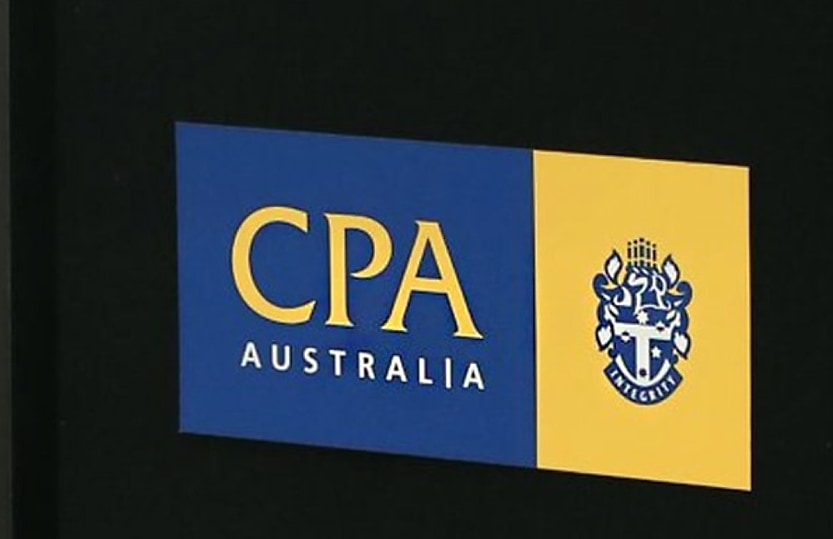Victorian business confidence and investment at all-time low

CPA Australia has advised the Victorian government to take more substantial action in the fight for business confidence and discouraged private sector investment.
The Victorian government’s Economic Growth Statement is a step in the right direction but did not properly address the lack of business confidence and investment in the private sector, according to CPA Australia.
The Economic Growth Statement outlined plans to cut the number of regulators in half.
In a recent business survey, Victoria was framed as the least attractive state to invest in for small and large businesses due to high taxes and over-regulation.
CPA Australia chief of policy, standards and external affairs, Elinor Kasapidis, said halving the number of regulators did not necessarily translate to halving regulation or reducing the impact it could have on business.
“Removing specialist regulators and their staff may even risk service delivery as evidenced by the recent blowout in service times for the Victorian Small Business Commission following staff cuts,” Kasapidis said.
“Rather than only reducing the number of regulators, the government should be prioritising reducing red tape. Businesses are looking for effective and appropriate regulation which requires government investment in technology, federal and state law changes, and an ongoing commitment to good regulatory design in consultation with business.”
Kasapidis also noted the “glaring omission” from the statement was the state’s uncompetitive tax system and the fact the government had given no clear direction to businesses and investors about its approach to taxation.
According to CPA, the lack of acknowledgement gave the government a slim chance of attracting the investment the state needed as business confidence has remained “badly damaged.”
There were visible signs of the consequences of the government's business policies across all areas of Melbourne and regional Victoria, Kasapidis said.
“High taxes and a growing regulatory burden make Victoria an unattractive place to do business and create jobs, leaving offices and retail spaces vacant at an alarming rate,” she said.
“To get Victoria growing again, the government must properly engage with business, diverge from the centralised decision-making process that causes delays and holds back investment, and set targets to ease the tax burden on business and investors that is proving so restrictive to business and consumer confidence.”
Despite sentiments that the Victorian government could make significant improvements, CPA Australia said it welcomed Premier Jacinta Allan’s plan to create a new taskforce to improve relations between government and industry.
Businesses in Victoria still aimed to grow despite low business confidence and needed a government to encourage it rather than stunt it, Kasapidis said.
“The introduction of a taskforce of this nature may be treated with scepticism by some in the business community who have been trying to engage with the Victorian government in good faith for many years, but it is at least an encouraging first step in the right direction,” Kasapidis said.
“While Victoria’s troubling economic conditions mean the government’s levers of intervention are limited, a visible and genuine cultural shift in how it engages with business could have a positive flow-on effect and start to result in more investment.”
About the author







